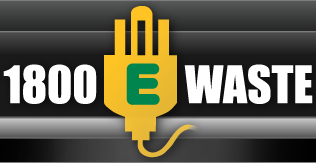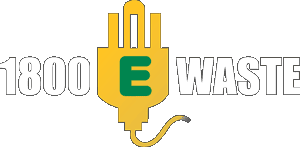Electronic waste, or e-waste, is a growing problem in today’s world. As technology advances and people continue to upgrade their devices, the amount of e-waste generated increases every year. However, e-waste is not just a waste of resources – it can also harm the environment and human health. That’s why e-waste recycling, e-waste collection, and white goods recycling are crucial for protecting our planet and its inhabitants.
E-waste contains hazardous materials
E-waste contains hazardous materials that can leach into the soil and water supply, contaminating them and potentially causing harm to human health. For example, many electronic devices contain lead, which is toxic, and can cause health problems if it is not disposed of properly. Other hazardous materials found in e-waste include cadmium, mercury, and beryllium.
E-waste can be valuable
E-waste also contains valuable materials, such as metals and plastics, that can be recovered and reused in the production of new electronic devices. This helps to conserve resources, reduce greenhouse gas emissions, and reduce the amount of waste in landfills. By properly recycling e-waste, we can keep these materials out of the environment and put them to good use.
White goods are E-waste
White goods, such as refrigerators, washing machines, and air conditioners, are particularly problematic when it comes to e-waste. These appliances are often large and difficult to dispose of, and they often contain hazardous materials such as chlorofluorocarbons (CFCs), which can contribute to ozone depletion and global warming. Proper recycling of white goods ensures that these harmful materials are not released into the environment.
E-waste collection and recycling also create job opportunities and support the development of the recycling industry. By creating a market for e-waste, we can incentivize companies to develop new technologies and processes for recycling and reusing these materials.
What we can do about E-waste
In conclusion, e-waste recycling, e-waste collection, and white goods recycling are important for protecting the environment and human health, conserving resources, reducing greenhouse gas emissions, and creating job opportunities. It is our responsibility to properly dispose of our electronic waste and ensure that these valuable materials are reused and not released into the environment. By doing so, we can help to create a sustainable future for generations to come.

